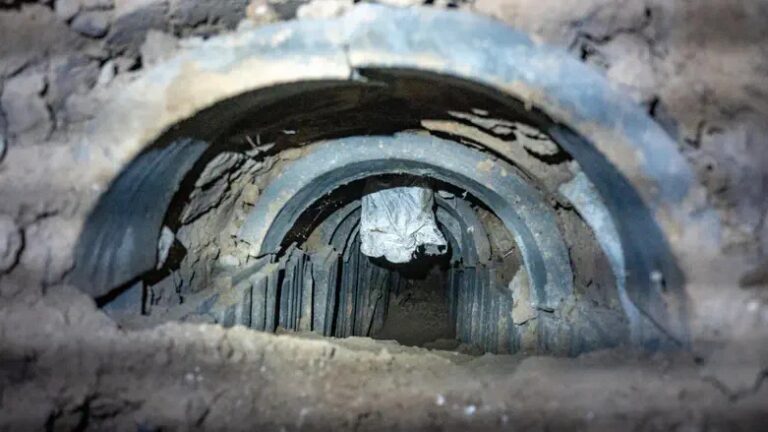 New Jersey Transit will meet a December 2018 federal deadline for installing an emergency braking system despite lagging other passenger railroads on progress, the agency’s executive director said Wednesday.
New Jersey Transit will meet a December 2018 federal deadline for installing an emergency braking system despite lagging other passenger railroads on progress, the agency’s executive director said Wednesday.
Investigators are looking at the lack of the positive control braking system as a potential factor in a September 2016 crash in Hoboken that killed one person and injured more than 100 others.
“We are working diligently to make the date,” NJ Transit Executive Director Steve Santoro said. “Right now we have no intention of asking for an extension.”
The Federal Railroad Administration initially required railroads to install the system by the end of 2015 but later extended that by three years when it became apparent nearly all railroads would miss the deadline. The GPS-based system requires hardware to be installed on each locomotive and on tracks.
The agency’s website shows passenger railroads on other states, including New York, Pennsylvania and Massachusetts, are further along than NJ Transit in several categories. They include the number of locomotives equipped with the system and number of radio towers installed, the number of track segments completed and how much employee training has been completed.
Passenger rail lines in Los Angeles, San Francisco, San Diego and Seattle have made substantial progress on installing the system on their locomotives and tracks. They are much smaller, however, than NJ Transit, which operates more than 750 trains and light rail vehicles and serves about 5,300 square miles.
Through the end of 2016, NJ Transit hadn’t installed positive train control on any of its 440 locomotives and had installed five of 124 required electrical towers, officials said. They insisted they’ve made steady progress, starting with an approval last October to lease radio frequency, a crucial component for the system.
By June, NJ Transit expects to have 11 percent of locomotives and 10 percent of towers equipped; by the end of 2017 those numbers are expected to increase to 39 percent and 72 percent, respectively.
(AP)










